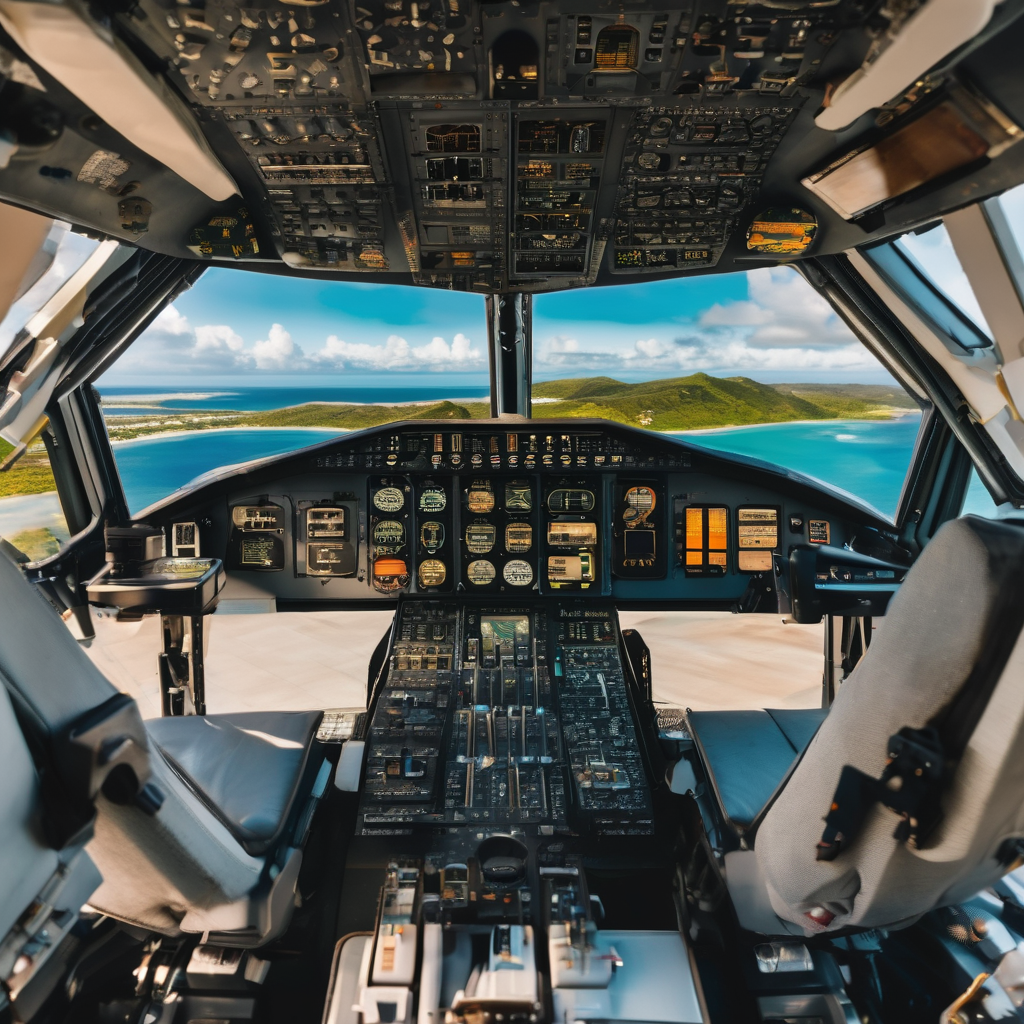Acting Minister for Civil Aviation Ifireimi Vasu has publicly defended the Civil Aviation Authority of Fiji (CAAF) following its decision to restrict operations at Pacific Flying School. This decision was prompted by serious infractions, particularly regarding unapproved engine overhauls, which necessitated a comprehensive regulatory audit of the school.
In a parliamentary session, Mr. Vasu addressed accusations from the Opposition suggesting that CAAF had wrongfully obstructed engine installations executed by an overseas provider. He emphasized that the delays were not attributable to CAAF or the government. “Let me state the facts, the law, and the timeline,” he remarked, asserting that the school had engaged in the installation of three overhauled engines without prior approval from CAAF, thus violating Fiji’s aviation safety regulations.
Mr. Vasu clarified that only maintenance organizations recognized by CAAF are permitted to conduct aircraft maintenance, and working outside of these bounds can invalidate an aircraft’s certificate of airworthiness. He specifically noted that the engine overhauls were performed by Suncoast Aero Engines, a provider that lacks recognition in Fiji’s aviation framework. This prompted CAAF to initiate a complete audit.
The audit process, which began in February 2025, unveiled significant compliance issues, particularly the unauthorized engine work. Following the audit, on May 8, the Aircraft Maintenance Organisation (AMO) certificate for Pacific Flying School was renewed, albeit with conditions, resulting in two aircraft being grounded. Despite attempts, CAAF was unable to obtain permission to audit the overseas provider, which hindered the approval process.
Mr. Vasu pointed out that the initial safety case submitted was incomplete, but after additional work, a revised case was accepted, leading to CAAF issuing a one-time approval with strict conditions on September 16. He firmly rejected any insinuations of political interference in the regulatory process, stating that CAAF acted responsibly in prioritizing safety.
This scenario resonates with broader themes in Fiji’s aviation sector regarding the need for stringent regulatory compliance. The situation highlights ongoing challenges in aviation safety and integrity, encompassing concerns previously raised about the CAAF’s regulatory practices and adherence to international standards set by the International Civil Aviation Organization (ICAO). Nevertheless, the proactive steps taken by CAAF and the government showcase commitment to enhancing safety frameworks and maintaining the integrity of aviation standards within Fiji, signaling a hopeful future for the nation’s aviation sector.
